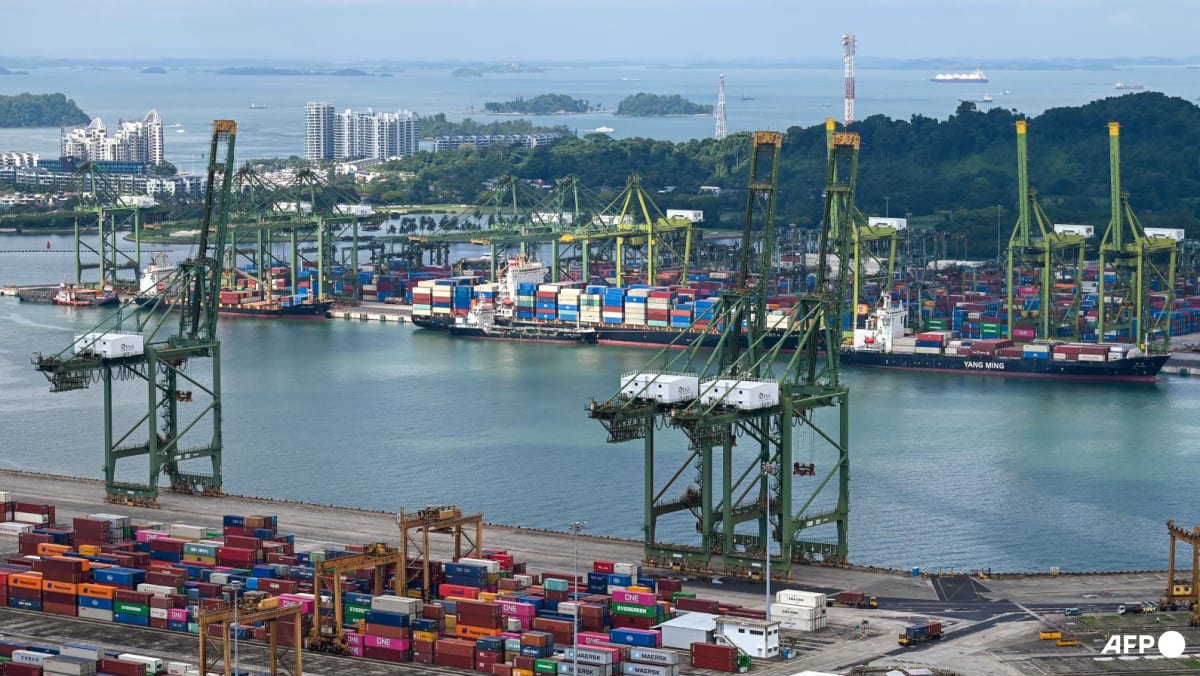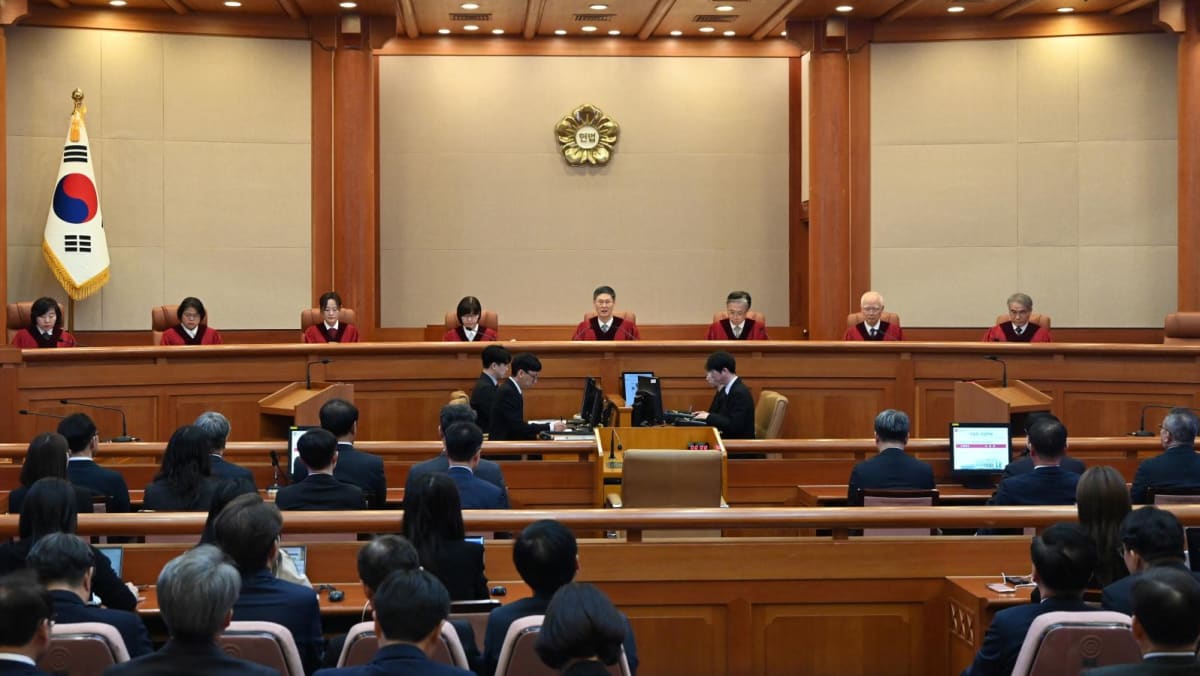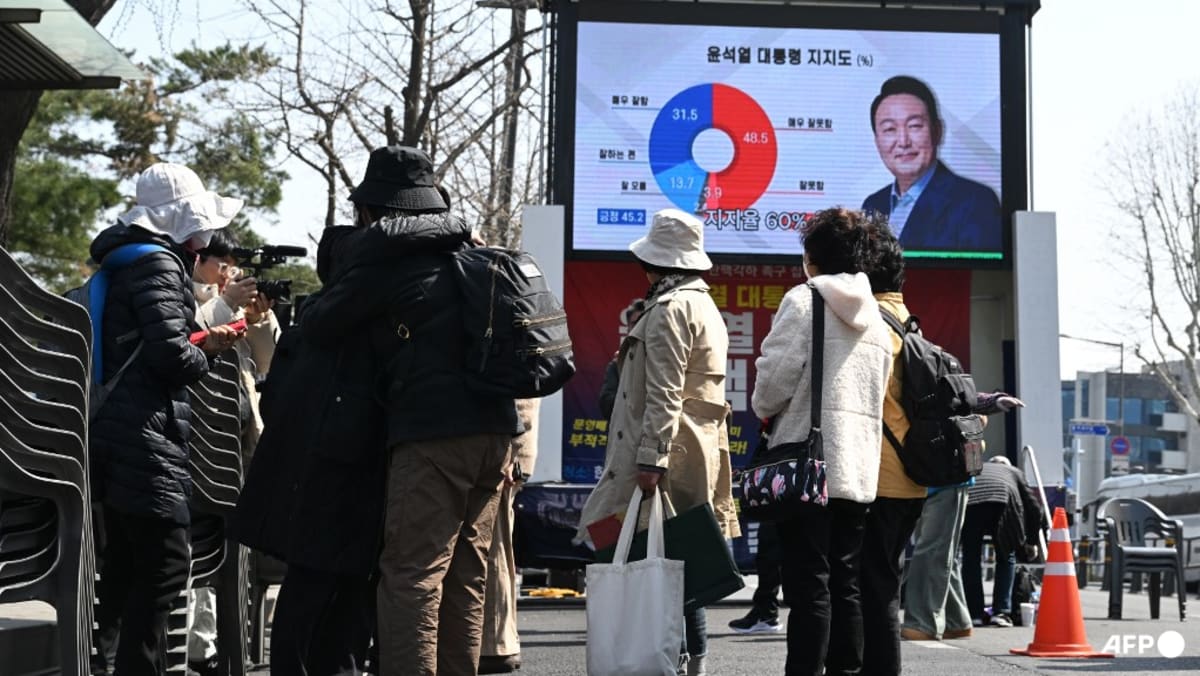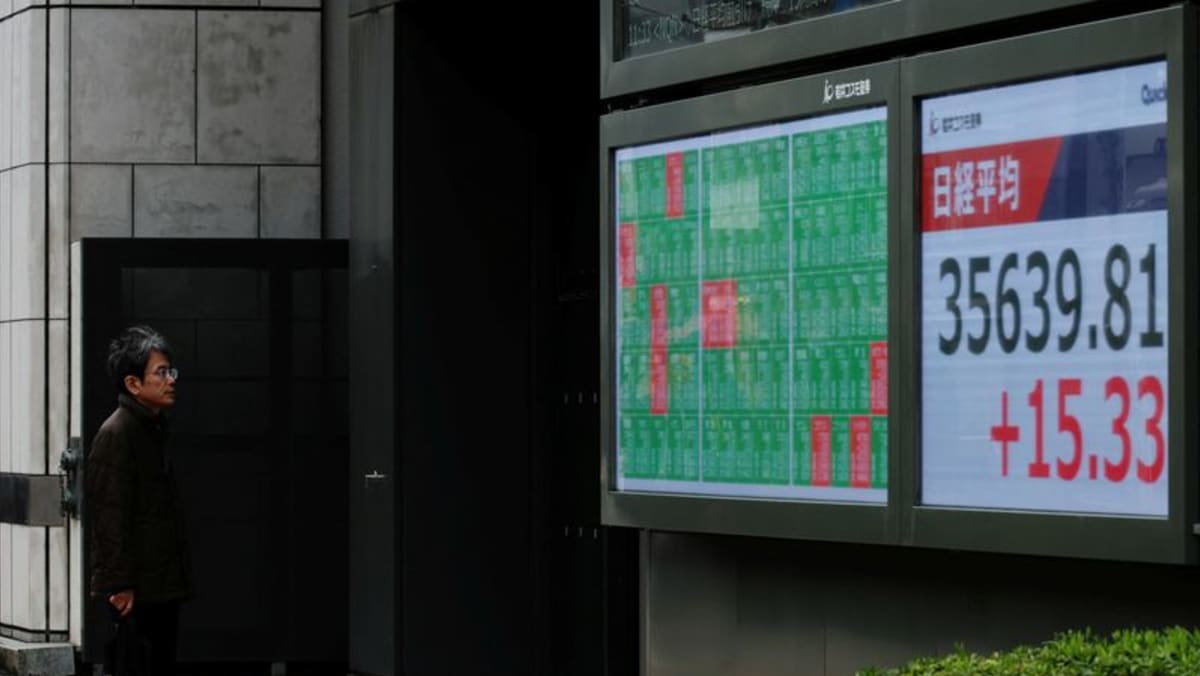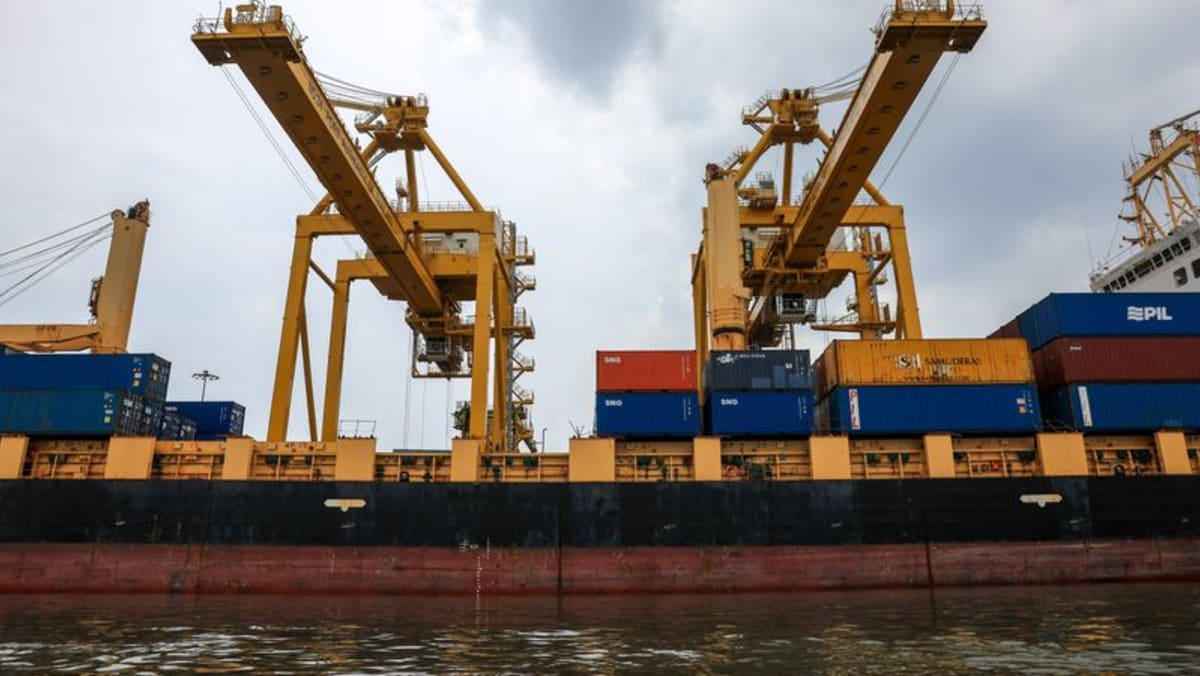Ms Yue said another potential benefit is that trade may be rerouted to Singapore to avoid countries that face high tariffs.
Chinese exports used to be rerouted to Vietnam before being shipped to the US. Since Vietnam now faces a tariff of 46 per cent, Chinese exports may be rerouted to Singapore instead.
Overall, the economic outlook has dimmed.
“But Singapore stands as a relative winner,” said Ms Yue.
Ms Ling of OCBC also highlighted the possibility of Singapore attracting firms seeking to diversify supply chains away from more heavily tariffed countries. However, she cautioned that it is still too early to determine whether the outcome will be a “net positive or negative” for the economy.
The impact will depend on how effectively Singapore adapts to changing trade flows while managing broader economic uncertainties and financial market volatility, she said.
IMPACT ON STOCK MARKET
Singapore’s financial market may also benefit, despite US and Asian stocks facing pressure in the near term.
Investors can explore opportunities in economies that face smaller tariff increases, said Mr Tai Hui, chief market strategist for APAC at JP Morgan Asset Management.
He named Australia, the UK, Brazil and Singapore as economies that may be “viewed more favourably”.
Mr James Ooi, market strategist at Tiger Brokers, said the sweeping tariffs may weigh on Asian stocks because export-driven economies in the region will face headwinds if global trade slows down.
However, Singapore’s corporate earnings are resilient and investor sentiment is improving, while the local regulator is trying to revitalise the market.
“Singapore equities may outperform their regional peers in the near term,” he said.
On Thursday, Singapore’s benchmark index opened 1 per cent down, before recovering most of its losses. Other Asian markets such as Japan, South Korea and Hong Kong posted larger losses.





